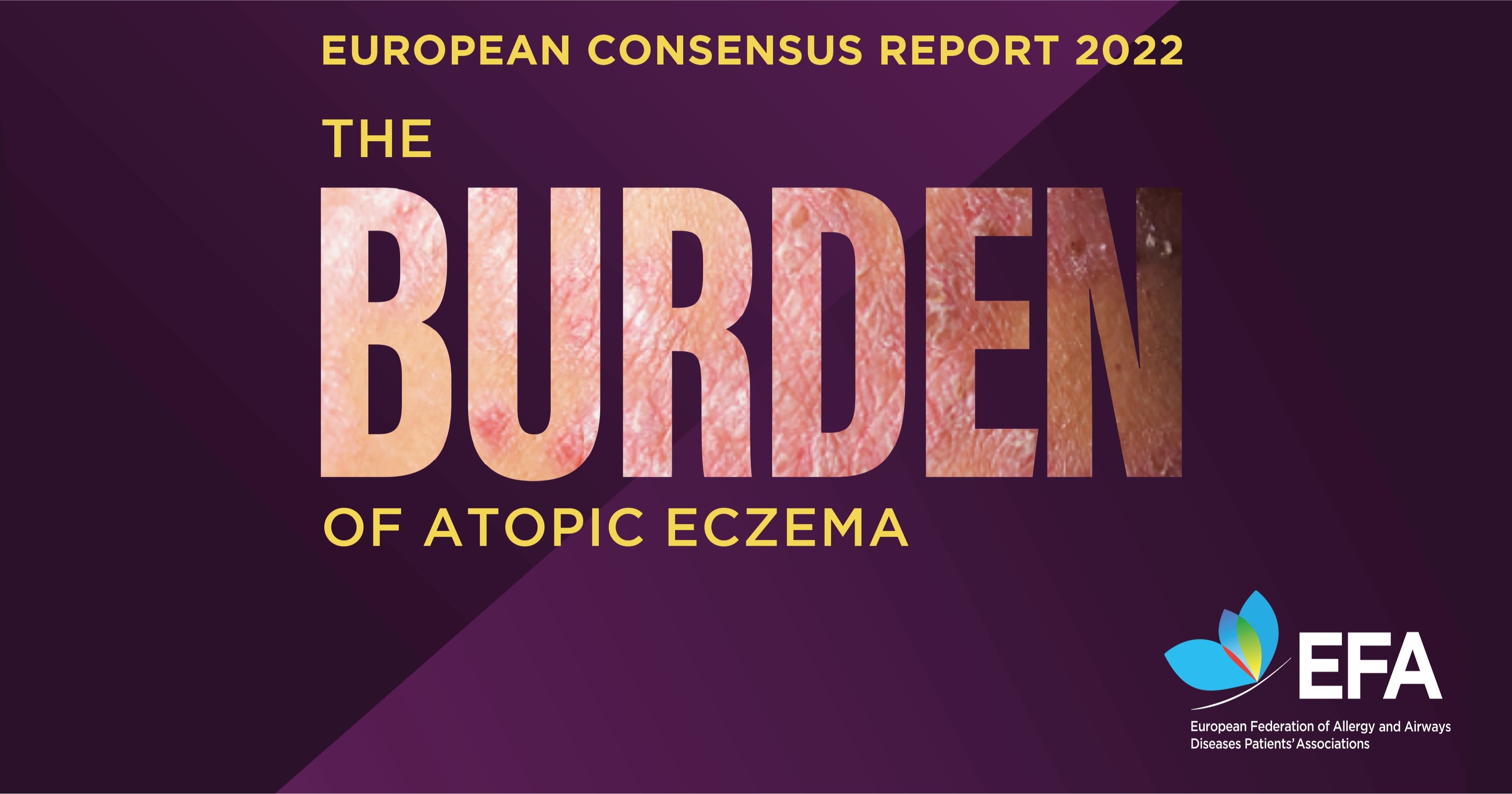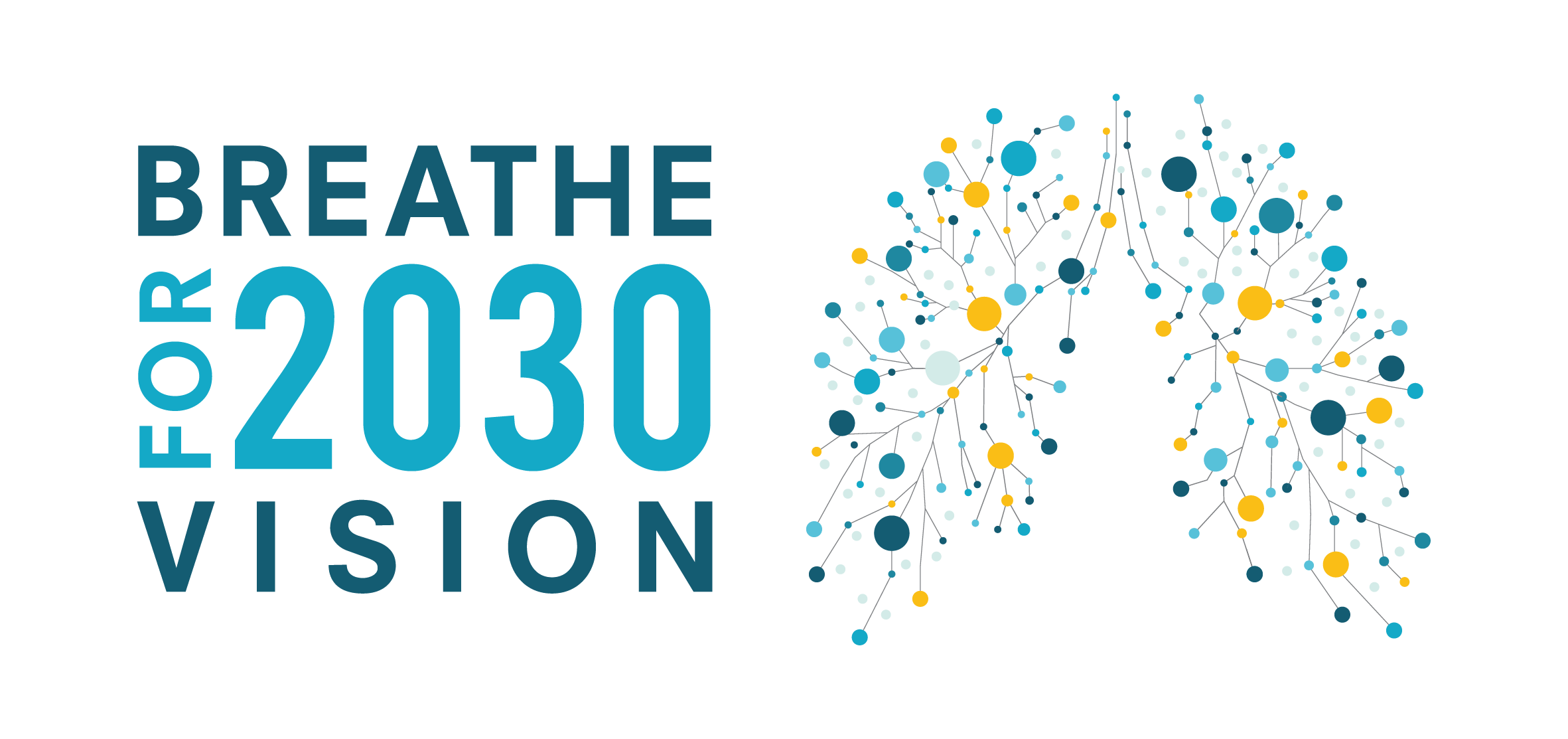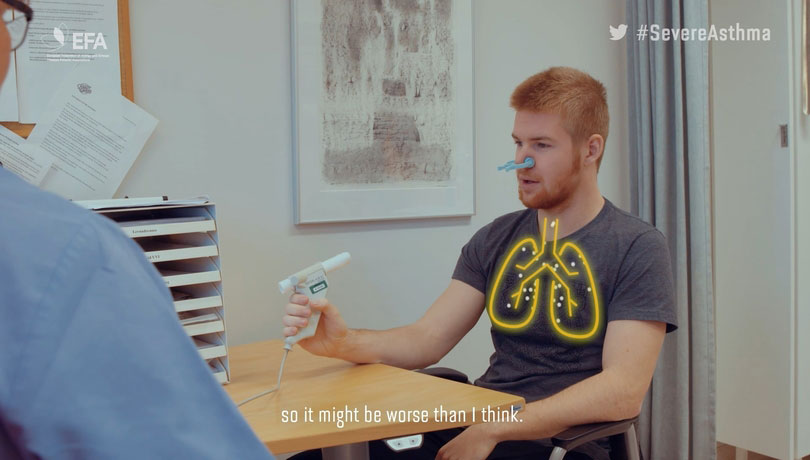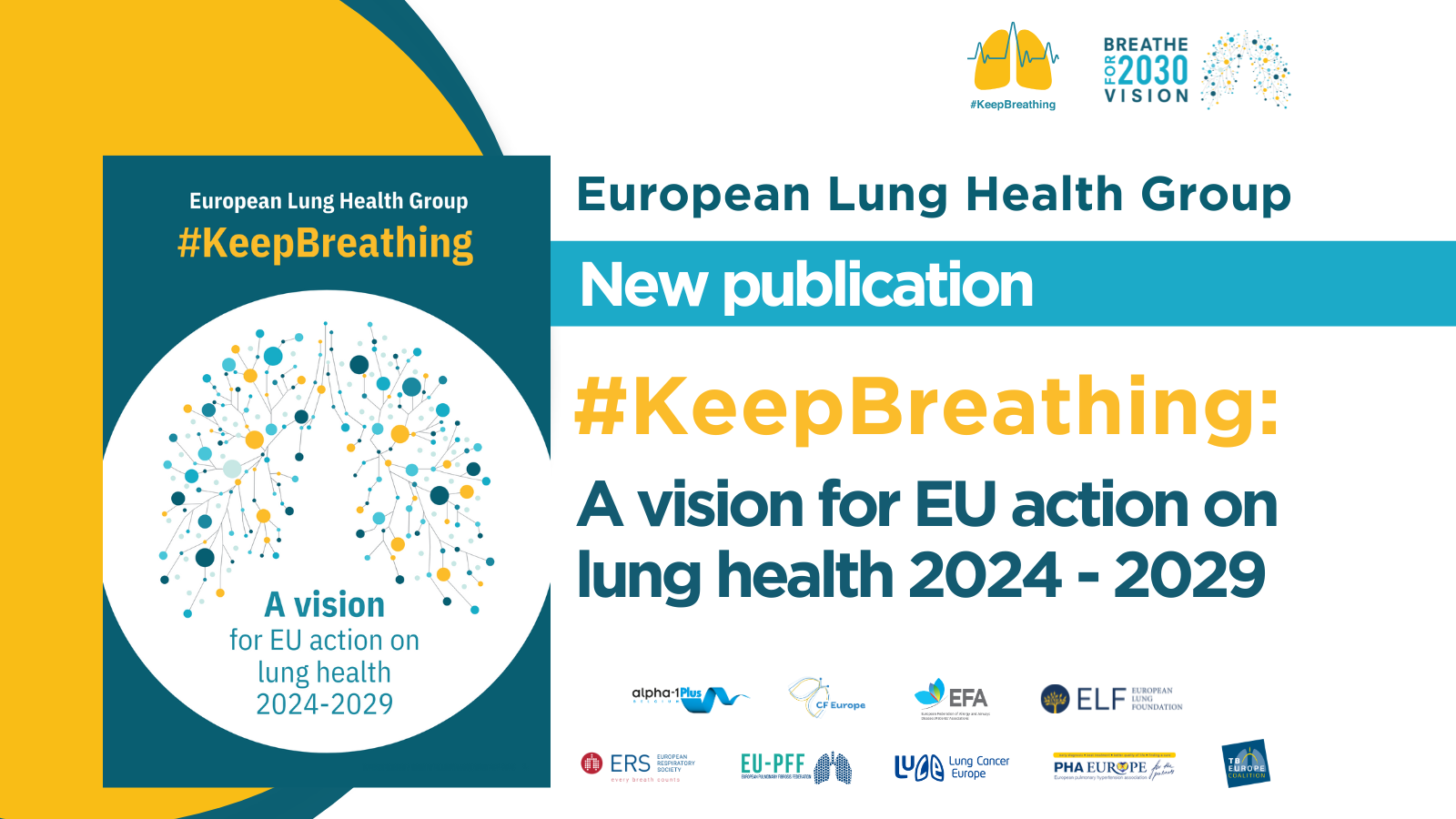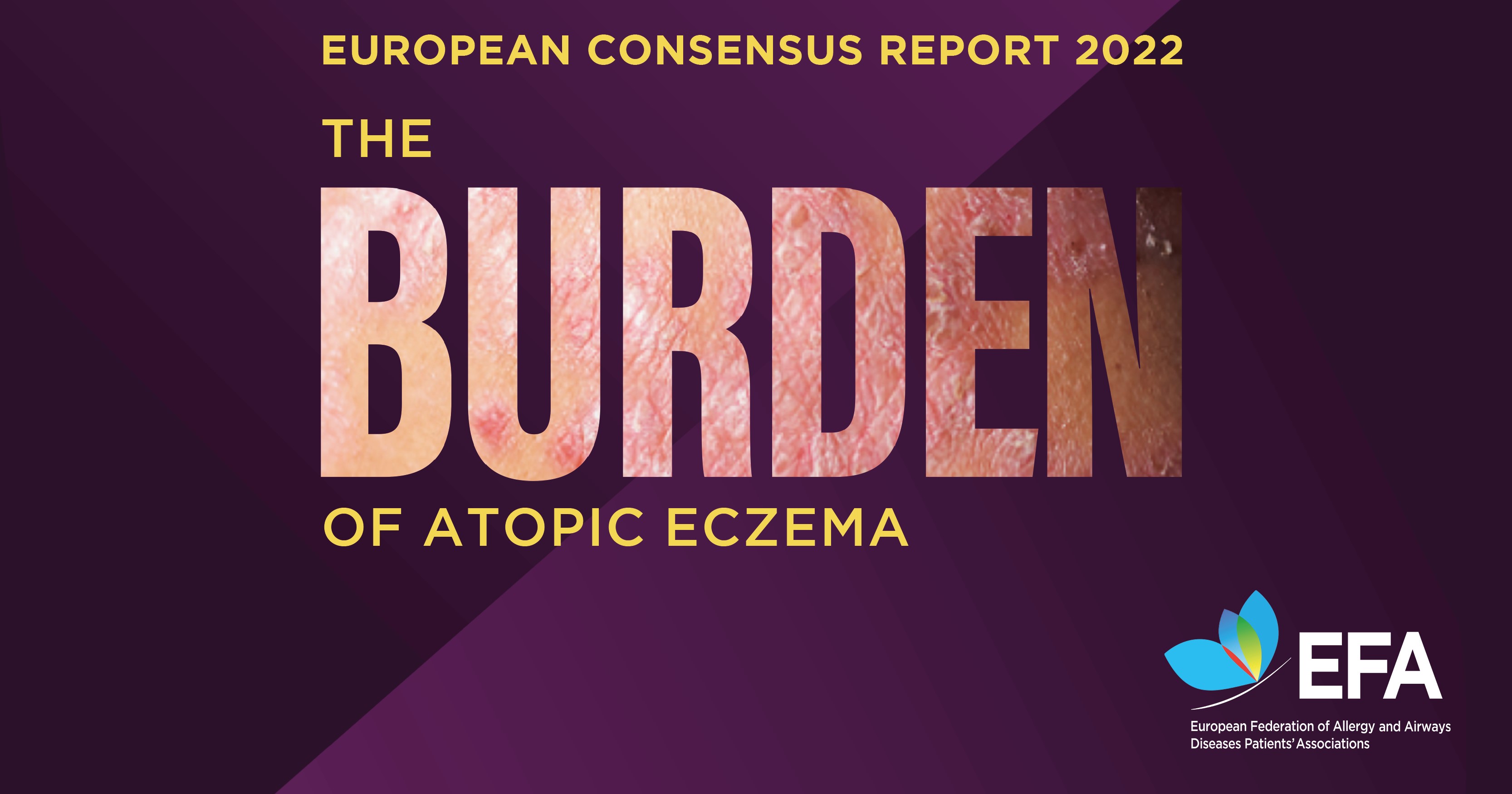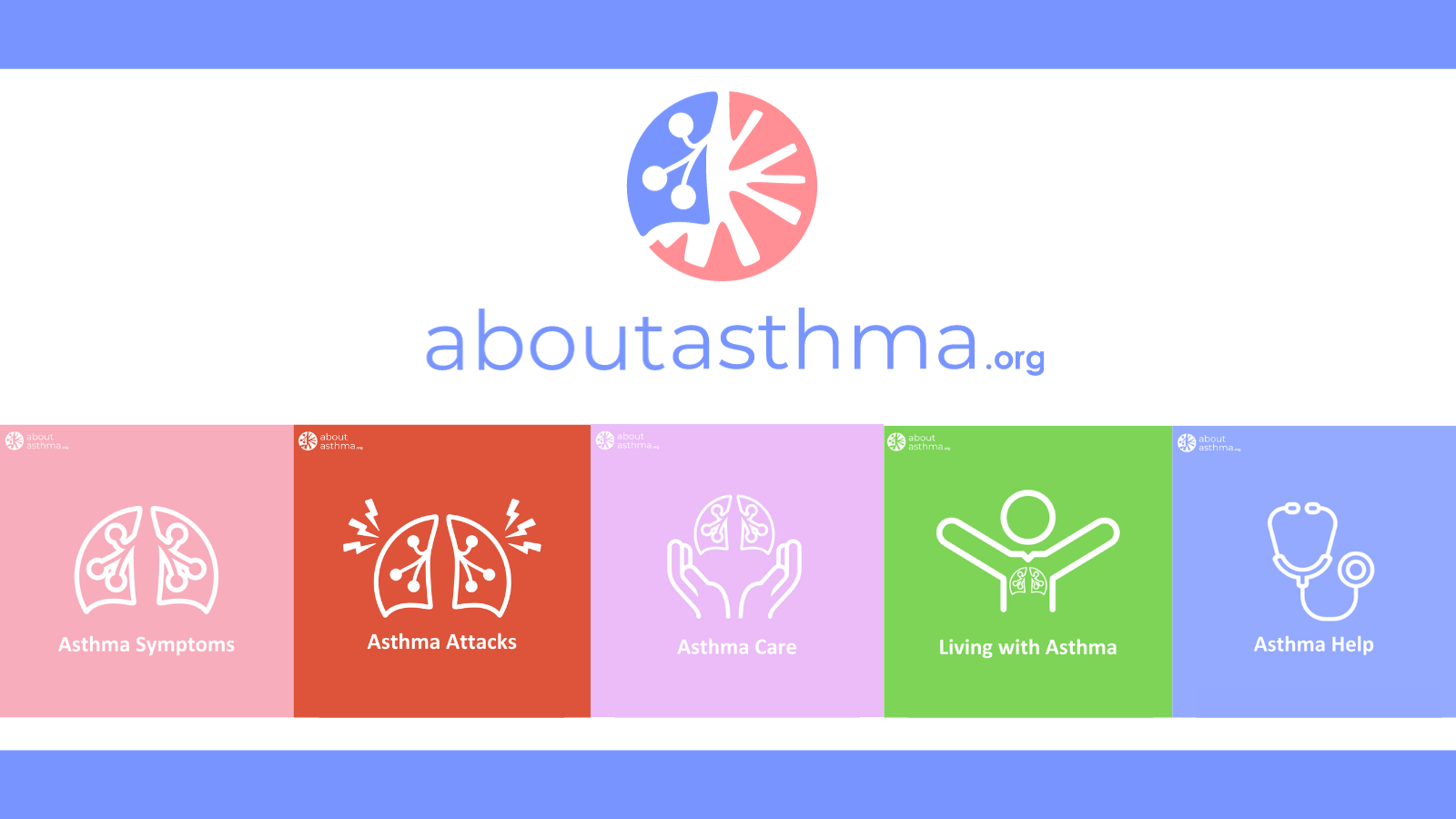On 21 September, the European Commission published an implementation report on the directive on cross-border healthcare (2011/24/EU). The concept of the cross-border healthcare directive has the potential to diminish health inequalities for patients in access to healthcare.
Based on the European Commission report it appears that since the last report was published in 2015, the directive has improved the clarification of patients' rights to receive healthcare in another Member State. In fact, the cross-border healthcare directive general objective of the directive is to facilitate access to safe and high-quality healthcare in another Member State. The directive also promotes cross-border cooperation in healthcare between Member States for the benefit of patients, regarding prescriptions, digital health (eHealth), rare diseases and health technology assessments (HTAs).
The report also shows that:
- 24 thematic European Reference Networks (ERNs) for rare, complex and rare prevalence diseases were created
- patient mobility and its financial dimensions within the EU stay relatively low
- the cross-border healthcare directive did not result in a major budgetary impact on the sustainability of the national health systems
- patients seem to be more aware of their rights granted by the directive
- quality of information via dedicated national websites and other means have improved the directive created a framework for cooperation between health systems, regarding the Health Technology Assessment. Today EU cooperation on HTA has two main components. Firstly, the HTA Network which connects national authorities or bodies responsible for HTA. The second component is the scientific and technical cooperation represented by the EUnetHTA Joint Actions. Further, in response to the calls to ensure sustainability of EU cooperation on HTA beyond 2020, the Commission came up with the proposal for a Regulation on HTA, currently debated by the institutions.
The full report can be found here.



